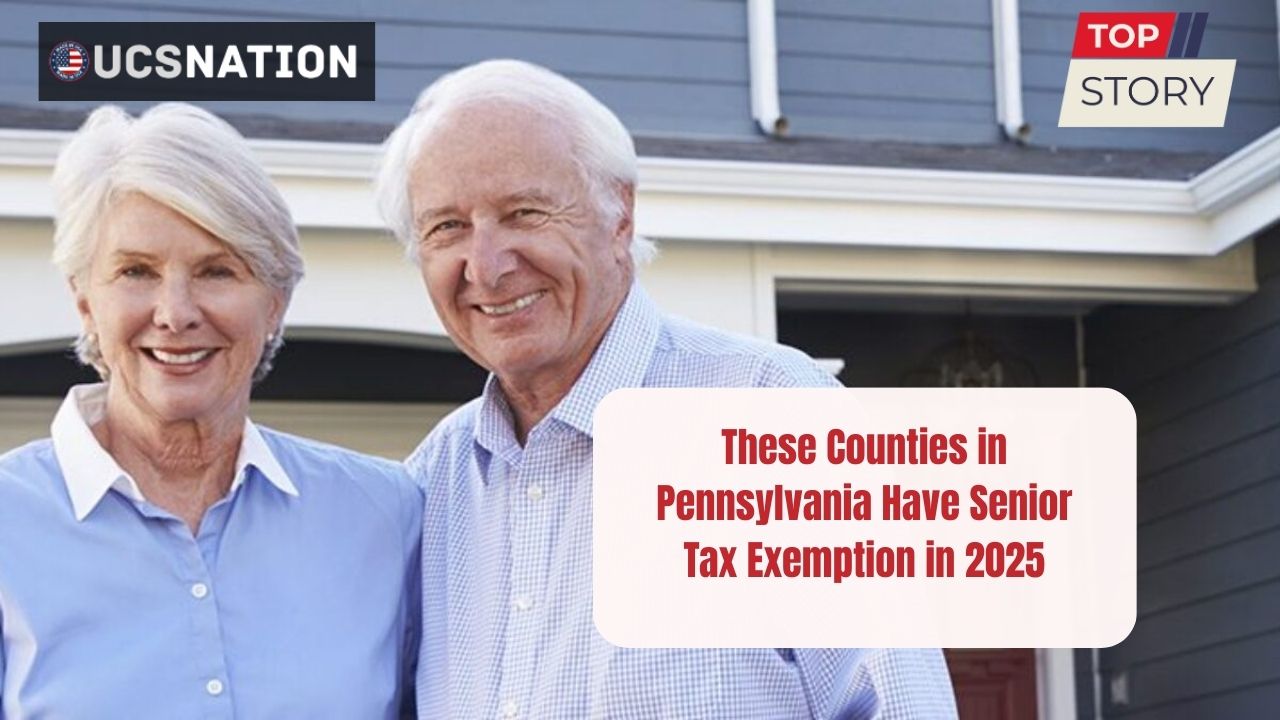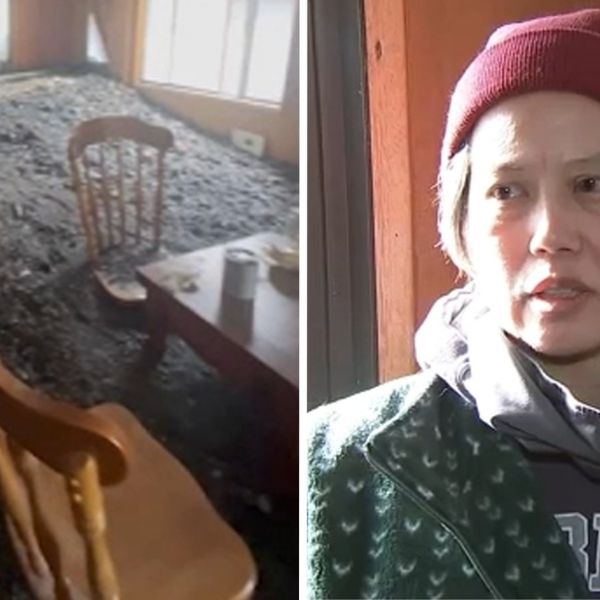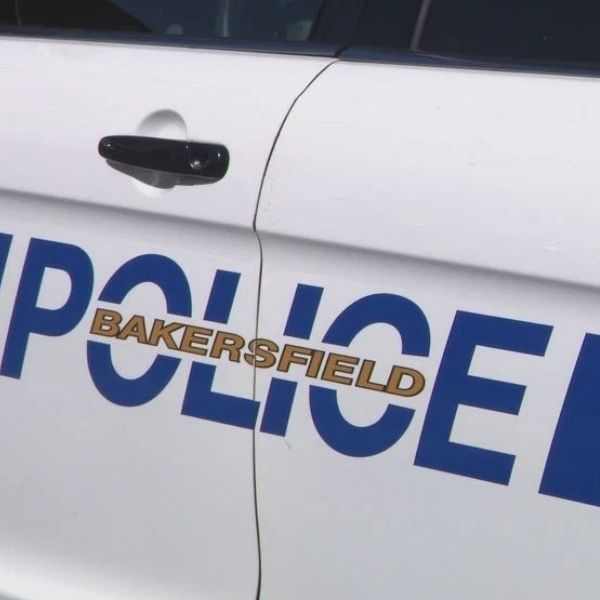As we move through 2025, more seniors across Pennsylvania are looking for ways to stretch their retirement savings. Property taxes remain one of the largest expenses for seniors who own homes. However, help is available in many counties through senior property tax exemptions and relief programs. Understanding where these exemptions exist and how they work is essential for Pennsylvania’s retirees, caregivers, and those planning for their financial future.
This comprehensive guide covers everything you need to know about which counties in Pennsylvania offer senior tax exemptions in 2025. It includes program facts, eligibility requirements, a detailed table for quick comparison, and insights on taxes and retirement planning.
Why Senior Tax Exemptions Matter
For seniors on fixed incomes, especially those relying primarily on Social Security, small pensions, or limited retirement savings, property taxes can be a significant burden. High taxes can mean the difference between a comfortable retirement at home and needing to downsize or relocate.
Senior tax exemptions are designed to ease this burden and help older adults stay in their homes longer by reducing or eliminating their property tax bills. The popularity and importance of these programs have grown, especially as home values have risen across Pennsylvania.
Overview of Pennsylvania’s Senior Tax Relief
Pennsylvania does not have a single statewide property tax exemption for seniors. Instead, tax relief is managed mostly at the county or local level, often with specific rules set by school districts and municipalities. However, the statewide Property Tax/Rent Rebate Program and various county-based exemptions work together to provide relief where it’s needed most.
Key Elements of Senior Tax Relief
-
Eligibility is typically based on age (often 65+), income, and residency status.
-
The amount of relief varies by county and may include exemptions, rebates, or reductions.
-
Senior exemption programs may cover county, municipal, and school property taxes.
-
Some programs are automatic, while others require yearly applications.
Pennsylvania’s Statewide Property Tax/Rent Rebate Program
Before diving into the details by county, it’s important to know about the state’s Property Tax/Rent Rebate Program.
-
Who qualifies: Homeowners or renters age 65 and older, widows/widowers age 50 and older, and adults with disabilities (age 18+).
-
Income limits: Adjusted annually, with exclusions for certain Social Security income.
-
Relief amount: Varies based on income and county of residence.
-
Application: Required yearly, with assistance for those who need help applying.
While this program provides some relief, it is often not enough on its own, which is why many counties offer their own additional exemptions or reductions.
County-Level Senior Tax Exemption Programs
Pennsylvania’s counties set their own policies regarding senior tax exemptions. Not all counties offer the same level of relief, and some have unique requirements beyond the basics of age and income. Below is a region-by-region breakdown highlighting counties with senior property tax exemptions or reductions available in 2025.
Southeastern Pennsylvania
This region includes the populous counties surrounding Philadelphia. Here, local policies are especially important due to higher property values and taxes.
Montgomery County
-
Offers senior property tax relief through both county and school district programs.
-
Eligibility: Age 65+, income-based; some school districts require residency for at least one year.
-
Type of relief: Percentage reduction on assessed value, providing substantial annual savings.
Bucks County
-
Multiple school districts within the county offer senior tax exemptions or rebates.
-
Eligibility: Age 65+, with income limits in place; must own and reside in the home.
-
Relief options: Rebates or outright exemptions for school taxes, depending on district.
Delaware County
-
Senior citizens can benefit from property tax/rebate programs at county and school district level.
-
Eligibility: Often guided by state Property Tax/Rent Rebate requirements.
-
Relief details: Vary by township and school district; some offer flat rebates, others percentage reductions.
Philadelphia County
Philadelphia handles senior tax exemptions through targeted programs:
-
Homestead Exemption: Not age-specific, but seniors can benefit from this reduction in assessed home value.
-
Longtime Owner Occupants Program (LOOP): Aids seniors who have lived in their homes for ten years or more, offering extra relief if property value has significantly increased.
-
Senior Citizen Water Bill Discount: While not a property tax, this is an additional savings opportunity.
Northeastern Pennsylvania
Counties in this region often provide strong local relief due to stable or declining property values.
Lackawanna County
-
Senior property tax relief available mostly through school district rebates.
-
Eligibility: Age 65+, varies by school district.
-
Program type: Rebates rather than outright exemptions, but can provide meaningful savings.
Luzerne County
-
Robust property tax reduction programs for seniors, especially in larger municipalities.
-
Eligibility: Similar to state program; may include longtime residency requirements.
-
Relief: May involve county tax reductions or school tax exemptions.
Central Pennsylvania
Counties in the heart of Pennsylvania offer a diverse set of senior tax relief options.
Dauphin County
-
Participates in the statewide Property Tax/Rent Rebate program and offers additional local relief.
-
Eligibility: Senior status and income-based means-testing are standard.
-
Relief offered: Combination of rebates and partial property tax exemptions, depending on municipality.
Western Pennsylvania
This area, including Pittsburgh and surrounding counties, features both county-wide and school district-based programs.
Allegheny County
-
One of the state’s most comprehensive senior exemption programs.
-
Eligibility: Must be 60+, a homeowner, and meet stated income guidelines.
-
Relief: Flat-dollar exemptions applied to county tax bills, includes school and municipal taxes in some districts.
Westmoreland County
-
School districts frequently offer independent senior exemptions beyond county programs.
-
Eligibility: Age and income based, with strict application deadlines.
-
Program highlights: Some districts provide full exemptions from local property tax for qualifying seniors.
Northern Tier and Rural Pennsylvania
In rural counties, relief often follows the state rebate program, but some local exemptions are available.
Tioga County
-
Senior exemptions available through township-level programs.
-
Eligibility: Varied, typically age 65+ and income restrictions.
-
Relief: Direct exemption from a portion of county property tax or special rebates.
Tabular Comparison of Senior Tax Exemption Programs by County
| County | Age Requirement | Income Limits | Relief Type | Notes |
|---|---|---|---|---|
| Montgomery | 65+ | Yes | Reduction on assessed value | School districts may vary |
| Bucks | 65+ | Yes | Rebate/Exemption (School) | Relief depends on district |
| Delaware | 65+ | Yes/State program | Rebate/Partial Exemption | Some programs tied to state rebate |
| Philadelphia | N/A | No for Homestead | Homestead, LOOP | LOOP is for longtime homeowners |
| Lackawanna | 65+ | Yes | Rebate (School) | Different by school district |
| Luzerne | 65+ | Yes | Tax Reductions/Exemptions | May include residency requirement |
| Dauphin | 65+ | Yes | Combination | Mix of local and state programs |
| Allegheny | 60+ | Yes | Flat Dollar Exemption | Covers county, sometimes school and municipal |
| Westmoreland | 65+ | Yes | Possible Full Exemption | School district driven |
| Tioga | 65+ | Yes | Township/County Reduction | Applied at local township level |
How to Apply for Senior Tax Exemptions
Senior tax exemption programs may require annual applications and documentation, such as proof of age, income tax returns, and residency. Most program applications become available early in the calendar year and typically must be filed before property tax bills go out.
Common Steps to Apply
-
Gather documentation: Proof of age, proof of residency, and full income statements.
-
Check deadlines: Application periods often vary by county and district, typically from January through June.
-
Contact the local tax authority: This can be the county assessor’s office, school district tax office, or municipality.
-
Submit applications: Some programs allow online submission, while others require mail or in-person delivery.
-
Reapply annually if required: Many counties require seniors to confirm eligibility each year to continue receiving the exemption.
Tips to Maximize Your Tax Savings
-
Apply for both the state rebate and county/school programs: Many seniors qualify for multiple programs but must apply separately.
-
Stay updated on changes: Property tax relief programs and income limits are reviewed and revised regularly, especially election years or when new local government budgets are approved.
-
Don’t assume program overlap: Some school district exemptions are not publicized separately from state programs, so call or visit your local school tax office for complete information.
-
Keep copies of all paperwork: Retain documentation of your applications, approvals, and correspondence in case new proof is required.
Frequently Asked Questions
Is senior tax exemption automatic in Pennsylvania?
No, most counties require seniors to apply each year and prove eligibility. Only a few exemptions are renewed automatically.
Are there penalties for filing late?
Yes, missing a county or school district deadline can mean waiting a full year for your next chance to apply.
What if I move counties?
Exemptions do not transfer between counties. You must reapply in your new place of residence.
Do renters receive any tax relief?
Yes, through the state’s Property Tax/Rent Rebate program, eligible seniors who rent can receive annual payments based on income and rent paid.
Can I help a relative apply?
Absolutely. Seniors can designate a family member or trusted professional to help with paperwork, as long as all documents are accurate.
The Financial Impact of Senior Tax Exemptions
The combined effect of state and county level property tax exemptions can save eligible seniors hundreds or even thousands of dollars annually. This can be particularly impactful in areas with high property taxes, where an exemption or reduction might be the difference that allows a retiree to remain in their home comfortably.
Example Impact
-
A Montgomery County senior with a home assessed at $200,000 might save up to $1,500 yearly between county and school reductions.
-
In Allegheny County, a flat-dollar exemption can reduce annual county taxes by several hundred dollars.
Key Facts and Stats About Senior Taxation in Pennsylvania
-
Pennsylvania had over 2.1 million residents aged 65 and over by the latest census, making up one of the oldest state populations in the nation.
-
Median property taxes in Pennsylvania range from $1,000 to $4,500 for owner-occupied homes, depending on the county and municipality.
-
The majority of school district property tax relief for seniors is income-based, not asset-based.
-
Most exemptions require that the senior both own and occupy their home as their principal residence.
Final Thoughts
Senior property tax exemption programs are a lifeline for many Pennsylvania retirees. While rules and amounts vary widely by county and even by school district, the essential takeaway is that relief is available—sometimes more than seniors realize.
Knowing what programs are available in your county, staying organized with documentation, and proactively applying can net seniors hundreds to thousands in annual savings. No matter where you live in Pennsylvania in 2025, if you or a loved one are a senior homeowner, taking action on these opportunities is a smart move for long-term financial stability and peace of mind.















Leave a Reply